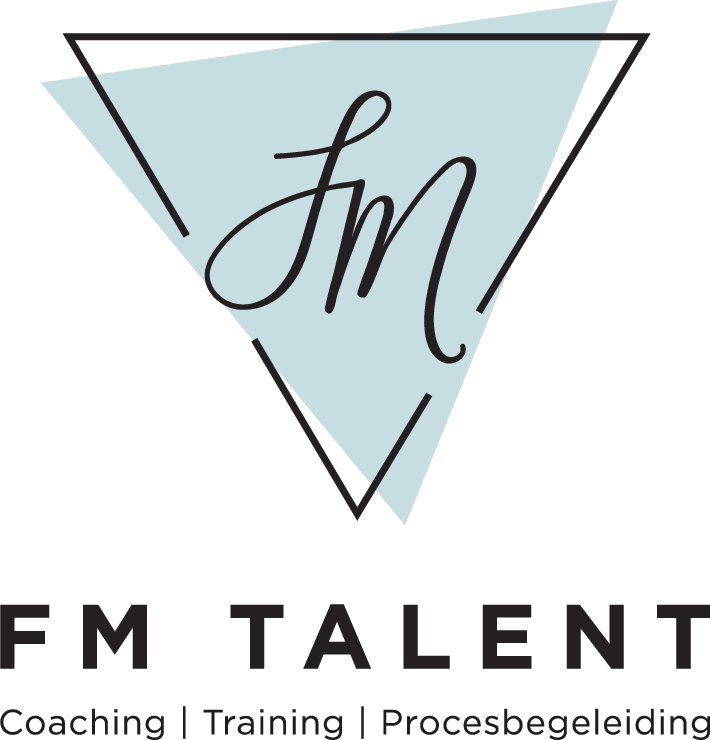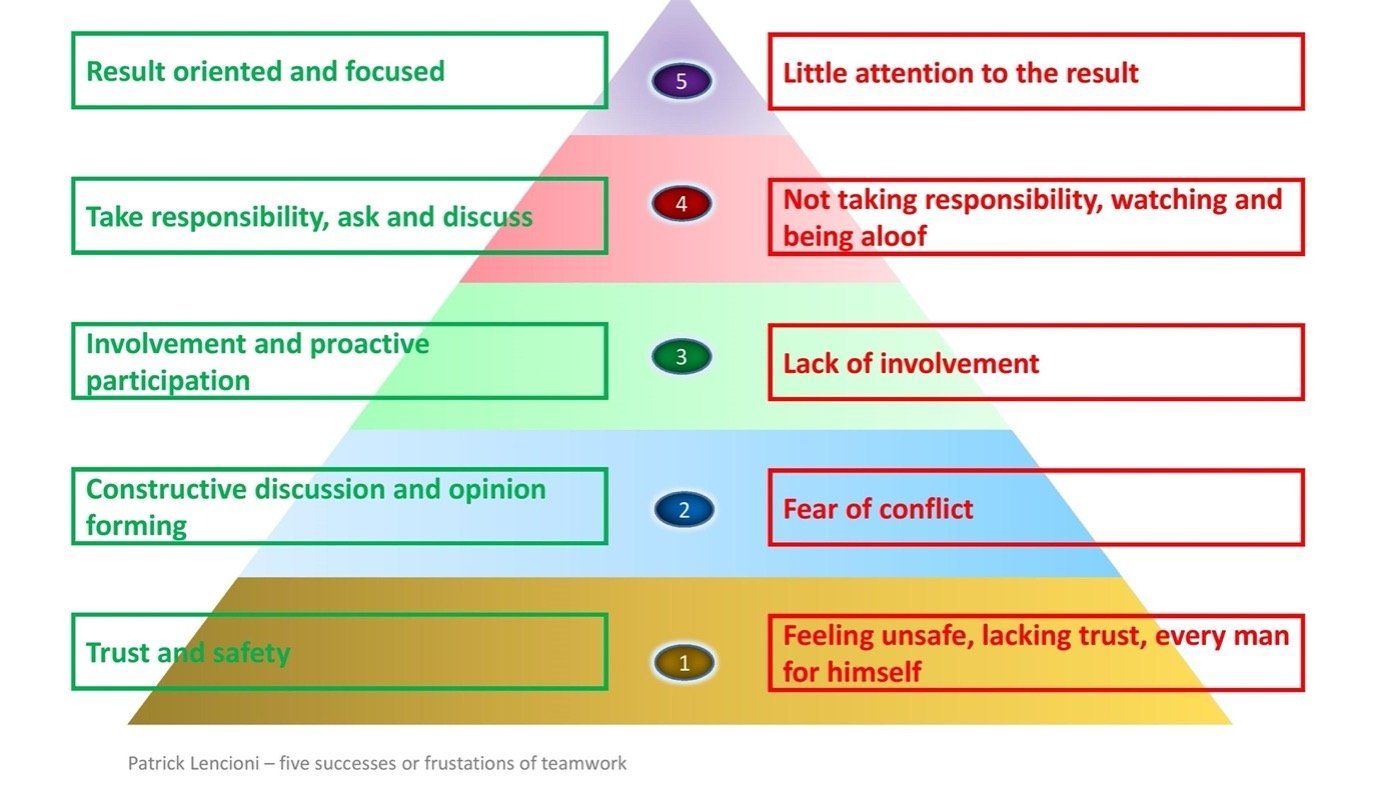Working methods
Methods
After initial contact with my clients, I work based on trust and set mutual agreements. During the intake I outline an approach and based on this we make agreements. Those agreements about everyone's role and the results are always leading and we record these in a contract.
I believe in a transparent working method that is clear and offers room for adjustments, if a situation requires that.
What characterizes my method?
During skills training I work according to the method of 'experiential learning': Demonstrate what you can, then reflect on behaviour, add theory and practice with new behaviour. This speeds up the learning process. We immediately experience the effects of new behaviour. I quickly create a safe setting and challenge people to learn, even when it creates some tension. With focus I have a good view of interaction and group dynamics. I observe and consciously choose my interventions that are of value to the group. With targeted feedback I create progress in the learning process. I guide substantive and interpersonal conversations in a practical, goal-oriented, neutral way. I offer tools to make complexity 'simple' in practice. I work with a well-considered balance between attention for relationships and attention for results. The combination of facilitating, insight into interaction between people and organizational knowledge characterizes me. My curiosity about the real task of leaders, a team and organizational ambitions reaches far. Every voice is worth hearing. In doing so, I address people's responsibility to enter into a discussion together. The working methods that I choose are always safe and active, so everyone remains involved.
My working method is based on methods that have been scientifically researched.
The research and ideas of Arend Ardon (Break the circle and Slow Acceleration), Berne (Transactional Analysis), Systemic Work (Hellinger), Ivo Brughmans (Paradoxical leadership), Patrick Lencioni (Dysfunctions of a team), Deep Democracy (Lewis), Non Violent Communication (Rosenberg), Talent Motivation Analysis (TMA), MBTI and Insights Discovery, and Harnish (Scaling up) are sources of inspiration.
I learned a lot from listening to others, reading, performing relevant education, experimenting and reflecting. After the first contact with my clients, I work on issues, based on trust. Learning and improving interaction between people is always important .



